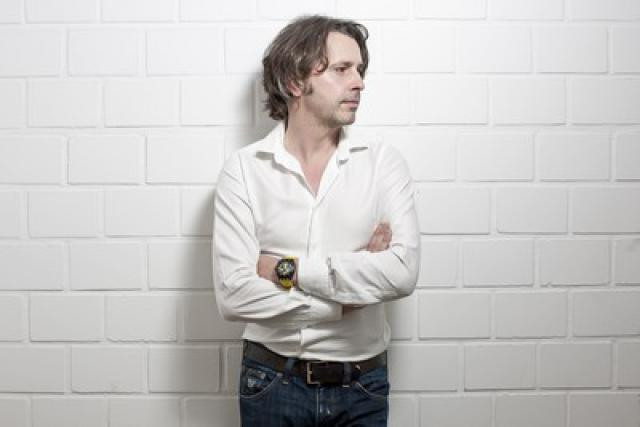Although a native German, Erich François seems genuinely enamoured to the point of pride by Luxembourg’s green and compact capital. It is this which led him to question why the city was the only European capital not to have a marathon, and subsequently to create and organise the ING Europe-Marathon through his company, Step by Step. A world record will never happen in Luxembourg: the course is not conducive to it and the present budget doesn’t stretch to world elite appearance fees and prize money. As François points out, the Berlin marathon’s budget for such expense alone is “equal to our entire operating budget, more or less.” But maybe this is missing the rationale behind the event here: where Berlin has 40,000 runners, Luxembourg has 8000, and although it could accommodate about 12,000 in theory, François is pleased with the prestige and exclusivity of the event, and is in no great rush to expand it. After all, as the course snakes its way through the streets of the old city with a backdrop of torchlight and samba rhythms, it would be hard to disagree with him that it is a unique setting for a unique race.
More to the city than banks
François is matter-of-fact about the effect of the crisis on the race, stating that “we have lost sponsors since last year, but principally we have replaced them.” He also believes association with the marathon offers companies a chance to stand up and be counted. “One of our new partners is Imprimerie Faber. They are showing strength by putting themselves forward: the statement is that yes, there is a crisis but we will survive,” says François. Another potential gain was in terms of title sponsorship, when an offer was put to François that went above the amount paid by ING. Having been backed by the bank from the start, he decided to stick with them, believing it to be the best course of action for the marathon.
However, financial crises do not only affect the marathon through reduced sponsorship. Some large institutions which last year provided a high number of participants are no longer in a position to do so this year. He admits that he “was worried about losing quite a lot of runners for 2009. Fortunately, this year we have about 10% more company runners than last year. Again, we have lost but also gained with interest.”
But what is in it for the companies? François argues that it boils down to simple economic sense. “If somebody trains for six months for a marathon, half marathon or team run, anything, they will be less sick and therefore able to work better. The cost of a physical trainer for a few hours per week is not a lot. And if the trainer helps even one or two people avoid illness it will be worth it.” Larger companies are likely to have a full-time trainer on the premises anyway, but the advantages for a smaller organisation are startling when put simply. That is not all, however. François sees running as being good for team spirit and fostering a healthy competition within an organisation, thereby boosting productivity. So what does a company need to do to get employees to take part? “Pay for the training and people will do it,” François states simply. And it is well known that exercise is an effective way of dealing with stress, a feeling the financial industry may have become somewhat more familiar with over the past few months.
But crises are just part of cyclical nature of history. Transitory. The city streets which play host to the runners have been through worse. It is these city streets that François wishes to showcase, but the marathon is also of the here and now. If Luxembourg is shrouded in a cloak of gloom, can this event help lift the national mood? With 100,000 spectators lining the streets, the ING Europe-Marathon Luxembourg can legitimately claim to be the largest sporting event within a 250 to 300km radius. This proof that Luxembourg can host a significant event is something to be proud of. Furthermore, according to François, many foreigners arrive in Luxembourg to run the marathon without a prior impression. “They see the city and think it is amazing – really beautiful. Some residents have been here too long to see that, but it is wonderful. And people come back after running the marathon. They see that it is not only about banks. There is so much more,” he insists. A lot of effort goes in to make the city a hive of activity on the marathon weekend. This shows it in its best light for the visitors. But the buzz can be infectious, and one or two local residents may just find their moods lifted as well...
